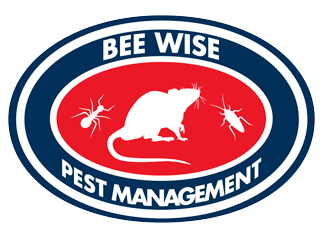As pet owners, creating a safe and pest-free environment for our furry friends is a top priority. In this guide, we’ll delve into pest control methods that are safe for pets, offer tips on preventing pests in your home, and highlight common pests that may pose a threat to your beloved animals.
Safe Pest Control for Pets:
1. Pet-Friendly Sprays
Look for pet-safe insect repellent sprays that use natural ingredients like neem oil, citronella, or essential oils. These are effective in keeping pests at bay without exposing your pets to harmful chemicals.
2. Non-Toxic Baits and Traps
Opt for non-toxic baits and traps when dealing with pests. There are various pet-friendly options available that capture or eliminate pests without posing a threat to your animals. Always place them in areas inaccessible to your pets.
3. Diatomaceous Earth
Diatomaceous earth is a pet-safe powder that can be sprinkled in areas prone to pests. It works by dehydrating insects but is harmless to pets. Ensure that the type you choose is food-grade for safety.
4. Beneficial Nematodes
Introduce beneficial nematodes to your garden. These microscopic organisms naturally control pests like fleas, ticks, and grubs, providing an eco-friendly solution that won’t harm your pets.
5. Herbal Repellents
Explore herbal repellents that are safe for pets, such as those containing ingredients like cedar, rosemary, or lemongrass. These natural alternatives can effectively ward off pests while keeping your pets out of harm’s way.
Tips to Prevent Pests:
1. Regular Cleaning
Keep your home clean and free of crumbs, spills, and pet food. Regular vacuuming and sweeping can eliminate potential food sources for pests.
2. Seal Entry Points
Seal any cracks or openings in windows, doors, and walls to prevent pests from entering your home. This is especially crucial for small pests like ants and rodents.
3. Proper Waste Management
Dispose of garbage regularly and use sealed containers. Ensure that outdoor trash bins are secure to prevent attracting pests.
4. Groom Your Pets
Regularly groom and inspect your pets for signs of pests. Brushing your pets helps remove loose fur and reduces the risk of fleas and ticks.
Pests That May Harm Your Pets:
1. Fleas and Ticks
These blood-sucking pests can cause discomfort, allergic reactions, and transmit diseases to your pets.
2. Mosquitoes
Besides being annoying, mosquitoes can transmit heartworm disease to dogs and cats.
3. Rodents
Rodents may carry diseases and parasites that can be harmful to pets. Ensure your home is rodent-proof to protect your animals.







